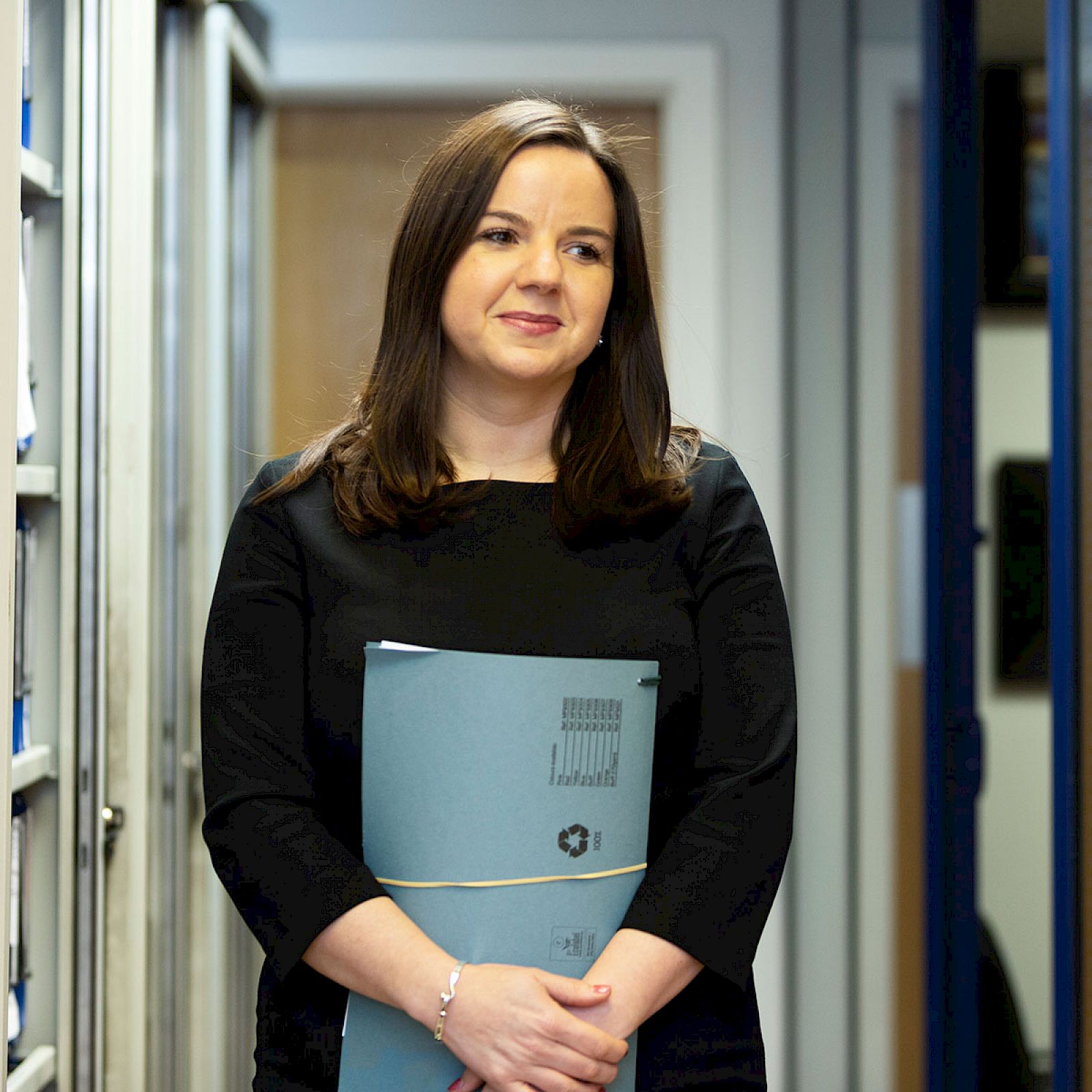Executries (Probate)
Executry is the legal term that is to describe the process that is followed after someone has passed away. It is usually undertaken by an Executor who is named in a will. If there is no will, a court application will need to be made to appoint an Executor.

The tasks which the Executor will normally be required to carry out are;
- Closing the deceased's bank accounts
- Collecting or Transferring the deceased's shares
- Selling any property in the estate
- Making claims under any life insurance policies or for pension death benefits
- Making a claim by the estate for example PPI, or Care Home Fees
- The Executor is liable for the decisions of the estate
- The Executor is responsible for any misrepresentation or fraud in the distribution of assets.
What is an executor and what does she/he do?
The executor becomes the administrative officer for the estate. Whether he or she is a spouse or family member, a solicitor, or any other adult person, his duties commence with the death.
He has the right to ingather the estate, correspond with banks and financial institutions and companies, and to apply to court for a Confirmation order, to divide up the estate and settles debts, sell the deceased's property and generally do all that a will dictates (or if no will, what the law requires).
If the executor defaults or acts unlawfully, the beneficiaries can take him to court for what is called count, reckoning and payment to ensure that proper division of the estate takes place.
The post is unpaid unless the will says otherwise. If the executor defaults or fails to carry out his duty, the beneficiaries can take court action against him.
If he retains the money due to beneficiaries, this may even amount to theft.
The executor can be anybody nominated by the will, but if there is no will, it should be a person who is entitled to a share of the estate by the law of intestate succession.
Confirmation is the Scottish procedure to make the appointment of an executor more formal.
It involves the sheriff court checking the inventory of estate and the information presented to court by the executor or solicitor on the deceased and the death, and granting a certificate that requires banks and any person or body holding the money belonging to the deceased to hand it over to the executor.
For convenience, the bank can choose to settle the money due to the estate on the word of the executor, with appropriate ID and paperwork done.
However, this will only be if the amounts are small, and more likely if there is a will. If the bank chooses to insist on Confirmation, it is permitted to do so. Banks are cautious in case there are perhaps other family with competing claims on the money, or if a person misrepresents facts or relationships to it, or if there is a subsequent will that the person claiming the money has not mentioned.
To appoint an Executor if there is no Will requires an application being made to the Court. The procedure will vary depending upon whether there is assistance from a solicitor.